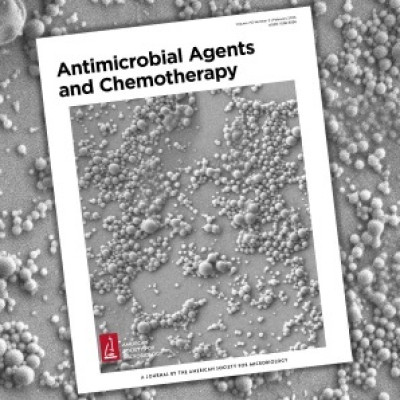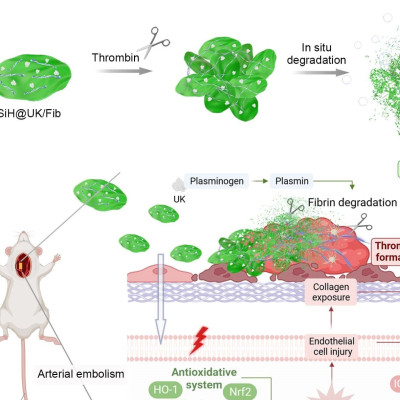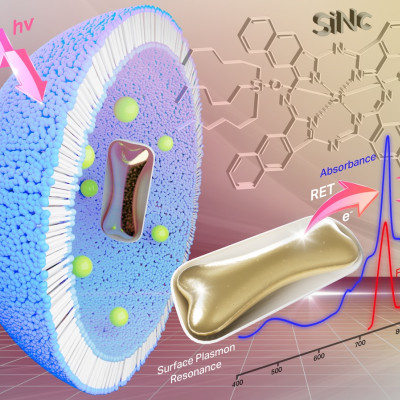A review published in the Journal Nano Select aimed to determine the potential of short-interfering RNA (siRNA) as a potential COVID-19 treatment by reviewing the currently available literature.
What is a short-interfering RNA (siRNA)?
siRNA acts as a broad-spectrum antiviral therapeutics directed to target multiple viral genotypes and strains in various organs. The RNA interference, propitiated by artificially created small interfering RNA (siRNA), is a possible strategy to repress RNA virus replication, presentation of viral antigens, and other viral genes.
Antiviral siRNA therapy, when compared to conventional antiviral drugs and vaccines, has many advantages, as stated below;
(i) it has accelerated action with increased efficiency and specificity at various stages of viral infection.
(ii) only a sub-stoichiometric quantity of siRNA is sufficient to reduce the viral RNA load in 24 hours dramatically.
(iii) specific range and high homology of siRNA with similar viral RNA can particularly inhibit the precise gene.
However, there are also some difficulties associated with siRNA. A major obstacle associated with viral-based delivery has been immuno-response toward the delivered virus and, in some viral vector-like lentivirus, random introduction in chromosomes influencing gene dysfunctions. Consequently, effective, non-toxic, biocompatible, and targeted delivery methods continue to be an important goal.
What are the plausible ways to deliver the siRNA-based treatment?
The usage of FDA-approved lipids, polymers, or lipid-polymer hybrids can support the delivery of siRNA. These nanoparticulate systems can be used as inhalable aerosols by engineering them to exhibit enhanced targetability. Furthermore, the covering of nanocarriers could be altered with poly(ethylene glycol) that stabilizes nanoparticles and increases their circulation time in vivo. Stimuli receptive nanocarriers have also been well studied for siRNA delivery.
Another form of treatment of COVID-19 infection could be using a cationic-liposomal covering of antiviral-siRNA and their aerosol formulation for intranasal or intratracheal administration via the metered-dose inhaler. After intelligent designing of siRNA, their encapsulation in cationic lipid nanocarriers can be customized into site-specific delivery for a localized effect. Therefore, the lipid/polymer-based nanocarriers' surface can be modified with functional molecules like antibodies targeting cell or tissue-specific surface markers.
Antiviral-siRNA therapies have been successfully applied against various fatal pathogenic human respiratory viruses, including SARS-CoV, MERS-CoV, RSV, and influenza virus using mice and non-human primates as model organisms.
The reviewers suggested the following plausible options:
I. Sequence-specific siRNA is confirmed to be useful against human respiratory viruses and, therefore, can be conceivably used for treating SARS-CoV-2.
Ii. siRNA encapsulation in multifunctional nanocarriers will likely address siRNA delivery concerns and promote controlled, sustained, and unprecedented stimuli-responsive targeted delivery.
Iii. Lastly, the aerosol formation for intranasal or intratracheal insertion of engineered siRNA nanocarriers via metered-dose inhaler is proposed as an efficient route of administration to treat COVID-19.
What was the outcome of this study?
It was concluded that the nanoparticles-assisted delivery of antiviral-siRNA as an inhalable treatment for human respiratory viruses is an alternative strategy to treat human respiratory virus infections. It is efficient and reliable. Particularly, Influenza-like-illness causing respiratory viruses are the ideal target for the antiviral-siRNA therapy approach because the upper respiratory tract and lungs are relatively easy to target via this kind of treatment.
Read the original article on News Medical.







